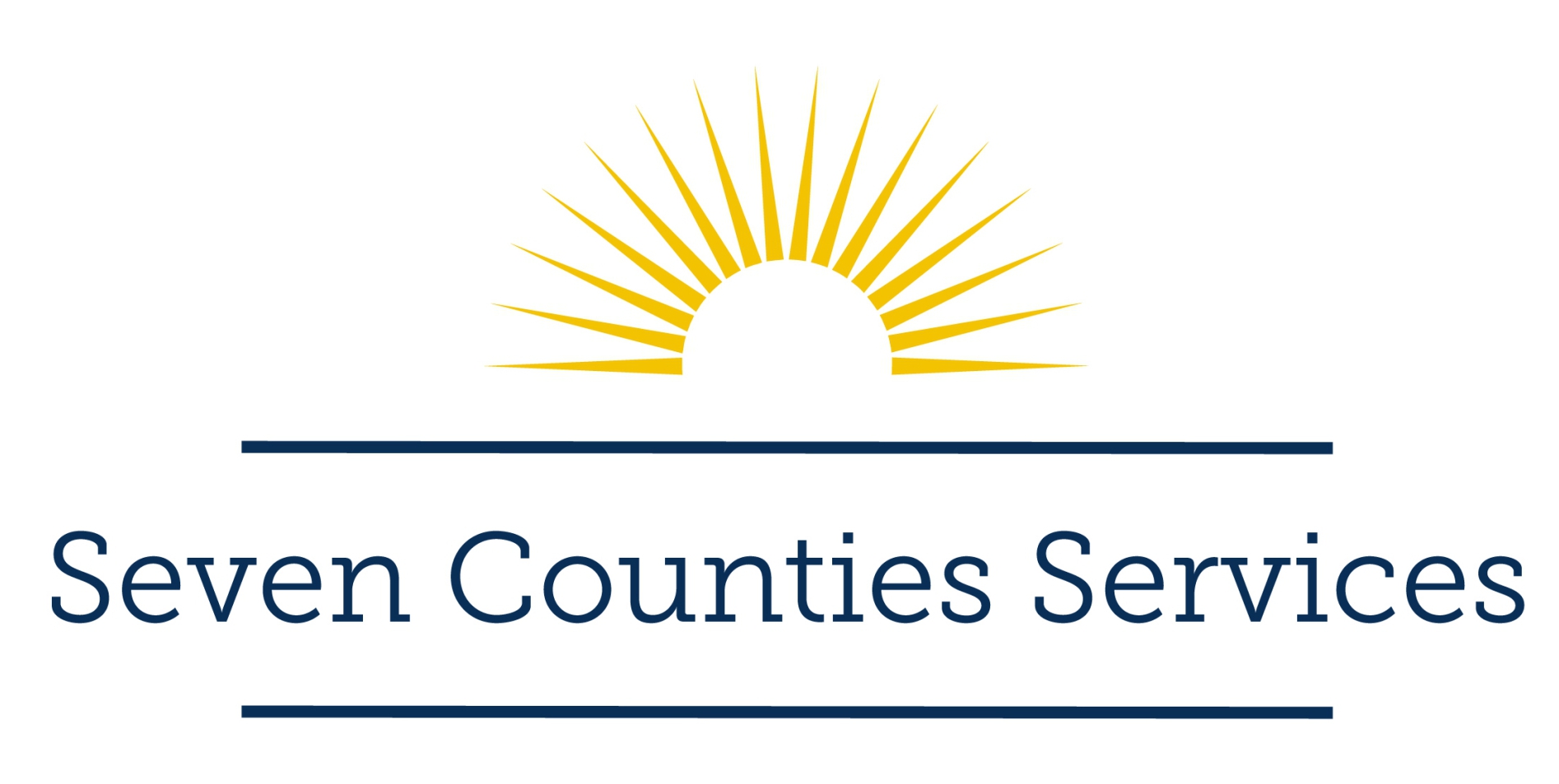The Connection Between Substance Use and Child Abuse
 When parents or caregivers struggle with substance use—whether it’s drugs or alcohol—it can harm their ability to take care of children properly. This can lead to serious problems for the kids, affecting their health, safety, and overall well-being.
When parents or caregivers struggle with substance use—whether it’s drugs or alcohol—it can harm their ability to take care of children properly. This can lead to serious problems for the kids, affecting their health, safety, and overall well-being.
One major concern is when a child is neglected or exposed to illegal substance activities because of their parent’s substance use. In fact, there are rules and policies to deal with this issue in every state. According to Prevent Child Abuse America, over a million children are confirmed as victims of abuse or neglect by state child protective services every year. Shockingly, three children die from abuse or neglect each day. In 81% of reported cases, substance use is one of the major problems within families.
Examples of substance use-related behaviors that are considered child abuse or neglect include:
- Making substances in front of a child or in a place where a child lives.
- Allowing a child to be around dangerous substance-making materials.
- Giving substances to a child.
- Using substances that make it hard for a caregiver to take care of a child.
- Exposing a child to the illegal selling or distribution of substances.
The sad truth is that the impact of child abuse and parental substance use doesn’t go away with time. Children who grow up around substance use often struggle as adults, finding it hard to deal with life’s challenges and form healthy relationships.
Future Substance Use Challenges
While it’s possible that some people may have a vulnerability to developing a substance use disorder, regardless of their upbringing, studies have shown that a history of child abuse is one of the strongest predictors of substance use in adulthood. This connection often comes from a lack of healthy coping skills.
Childhood abuse can lead to lasting emotional and psychological issues, which may drive individuals to turn to substances to ease their pain and stress. Moreover, abuse can disrupt normal brain development, particularly in areas responsible for regulating emotions and impulses.
Normally, children learn how to manage their feelings and behaviors through interactions with caring adults. However, in environments where abuse and substance use are present, children miss out on important modeling of healthy emotional expression and regulation.
Without these skills, individuals may struggle to cope with negative emotions and face challenges in various aspects of life and relationships. Learning to handle stress and emotions in a healthy way becomes difficult.
It’s essential to understand that not every survivor of childhood abuse will develop substance use issues. However, it’s never too late to break the cycle of abuse and substance use across generations. With the right support and interventions, individuals can overcome these challenges and lead fulfilling lives.
Prevention and Support
If you or a loved one are struggling with substance use, know that help is available. By choosing to start your recovery journey, you can change your life, and the lives of those around you, for the better.
At Seven Counties Services, we provide an array of specialized substance use recovery programs and services. One of these programs is Family Recovery Court. This is a voluntary program designed for families who struggle with substance use and are involved with the child welfare system. The program works towards the initial goal of sobriety, with the ultimate goal being to regain custody of the child or children. The Family Recovery Court’s mission is to help aid parents struggling with sobriety into responsible caregivers with the resources to provide safe, stable homes through the collaborative services of the court, treatment provider, and community. Learn more about the Family Recovery Court program.
We also offer the Women’s Addiction Recovery Center and Women’s Renaissance Center, tailored specifically for women, including pregnant and parenting individuals. Each offers full support and empowers women to reclaim their lives and thrive beyond addiction. Additional women-centric services include Project Link, for pregnant women using substances; Kentucky Moms, an educational program for women who are pregnant or have recently given birth, who are at risk or struggle with substance use; and outpatient services and housing for pregnant and parenting women. Learn more about women’s recovery services, prevention services, and recovery housing.
Call (502) 589-1100 or complete an online appointment request to learn more about addiction recovery programs and services offered through Seven Counties Services. Let us help you take the first step towards a brighter, substance-free future! If you or someone you know needs urgent help, please call our 24/7 Addiction Recovery Hotline at (502) 583-3951.
Reviewed by Brittany Pape, the Division Director of Child Crisis Services, and Cory Moneymaker, LCSW, LCADC, the Division Director of Addiction Recovery at Seven Counties Services.




